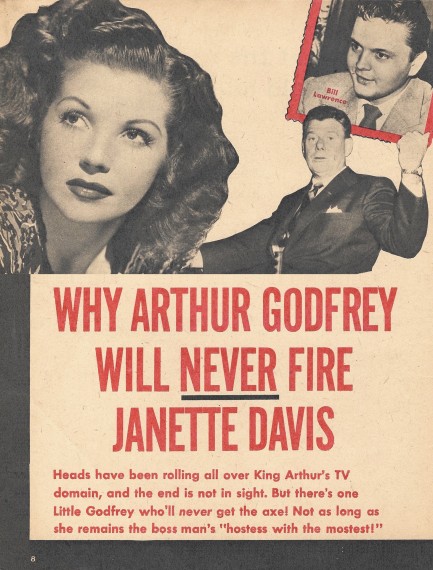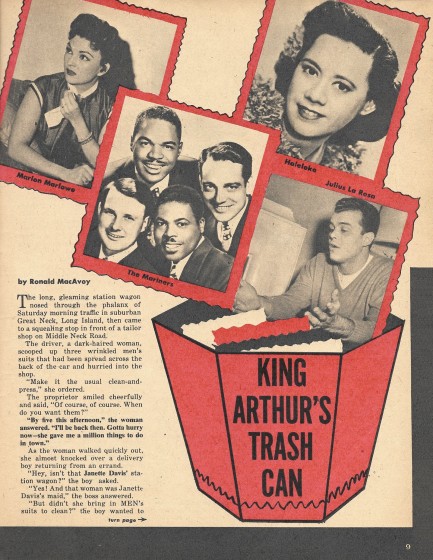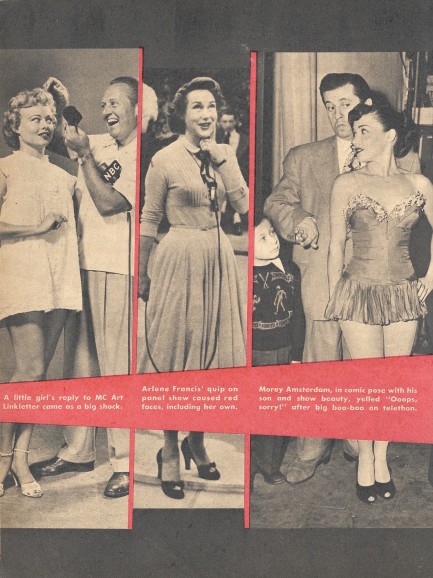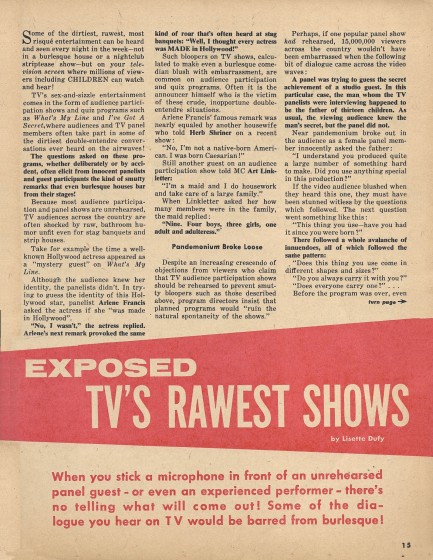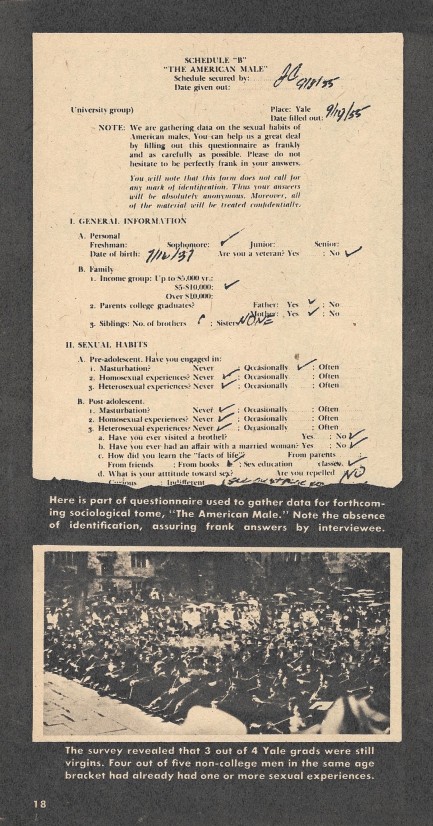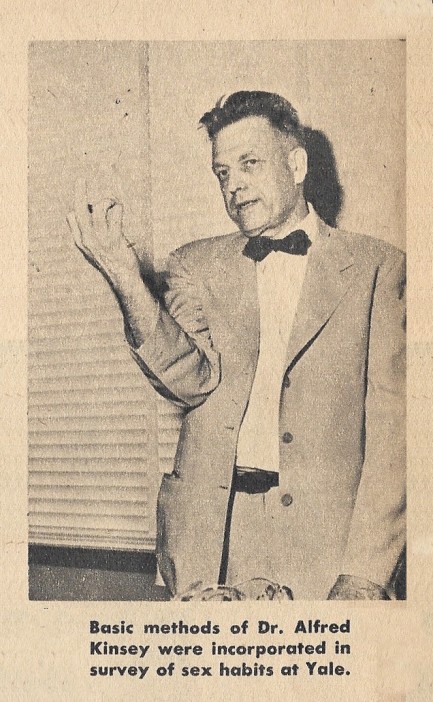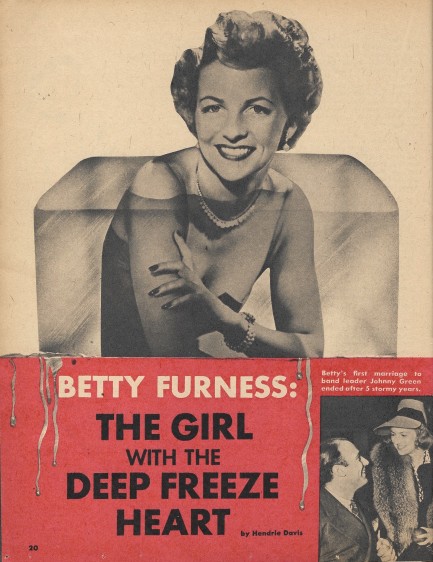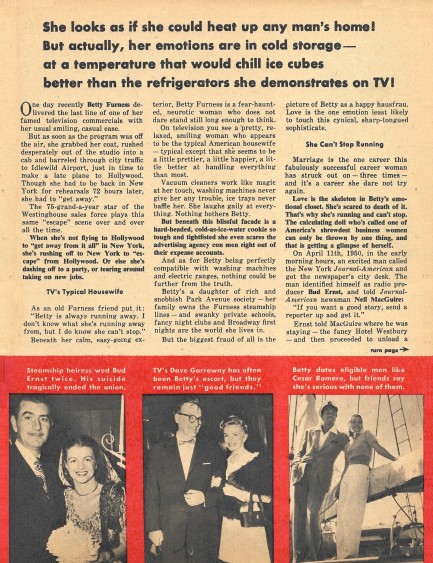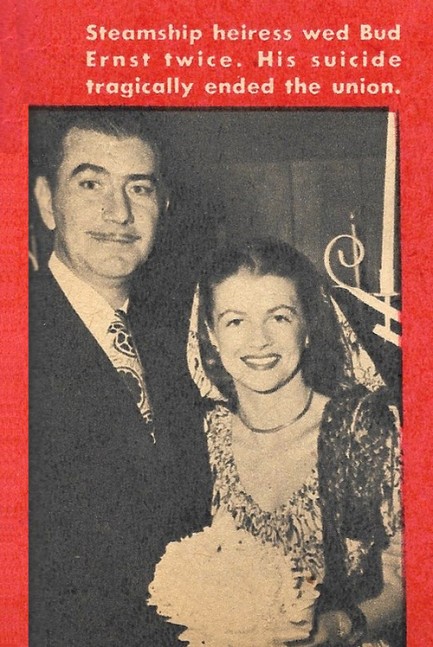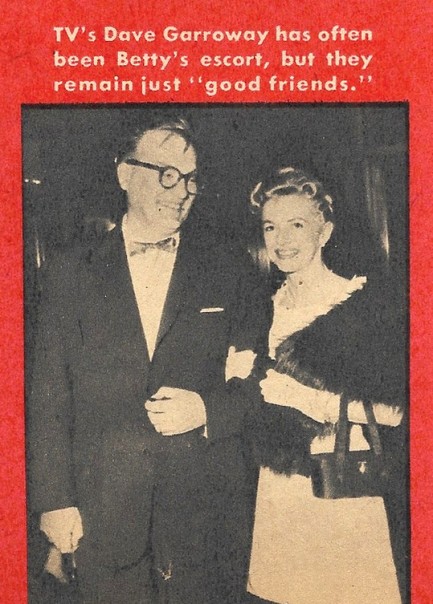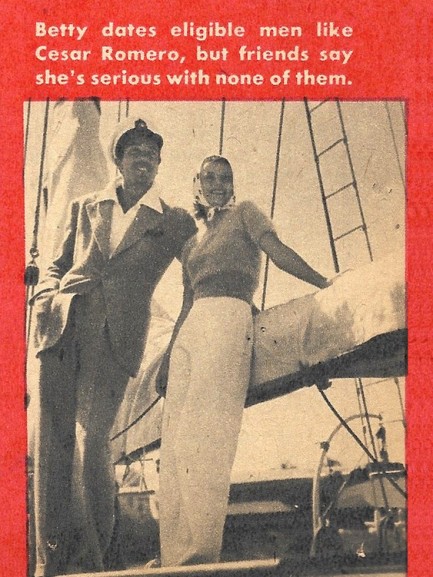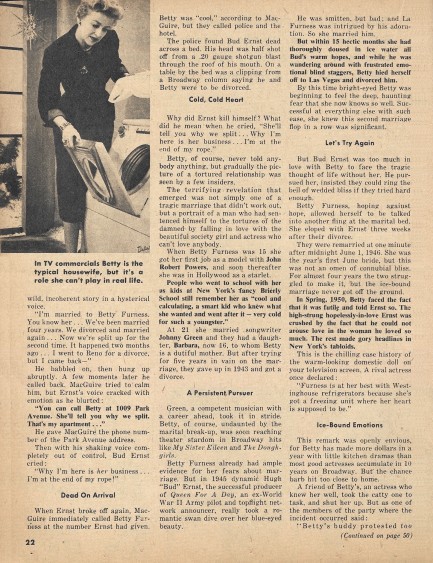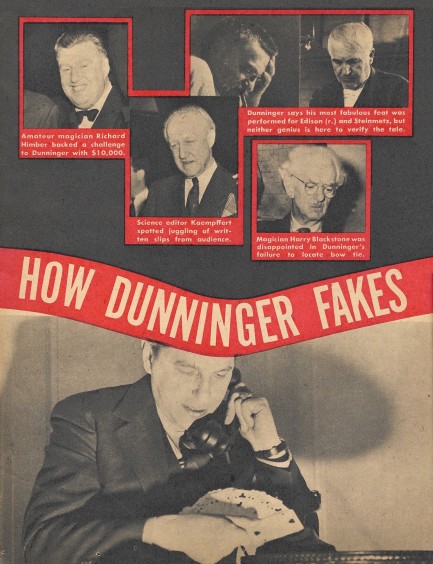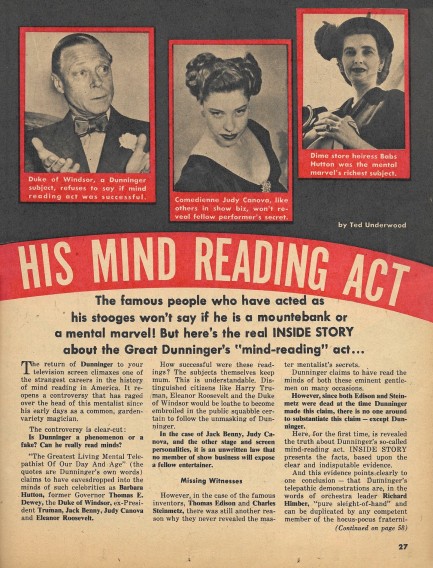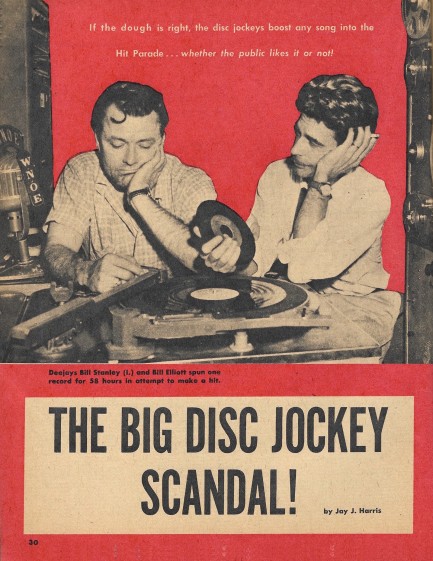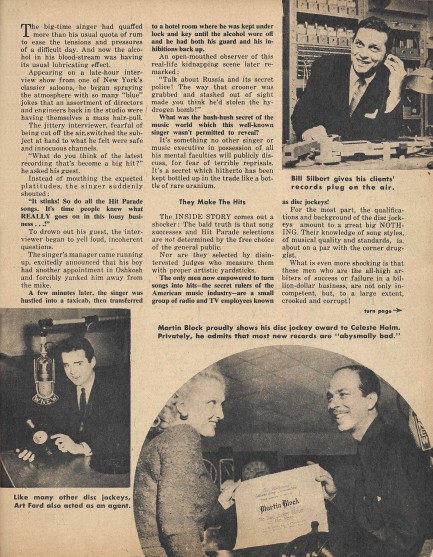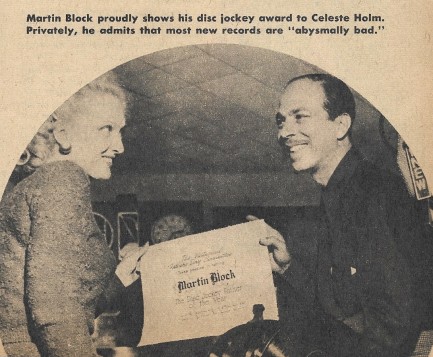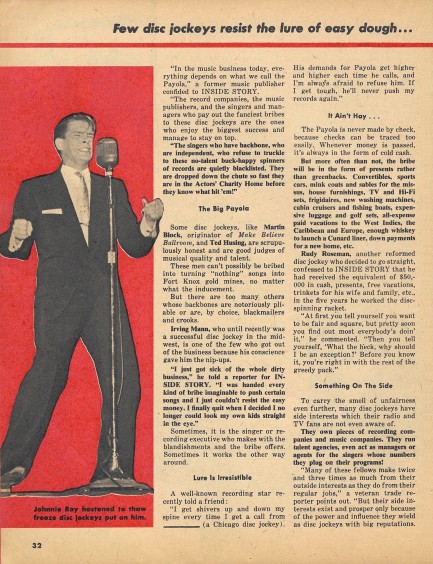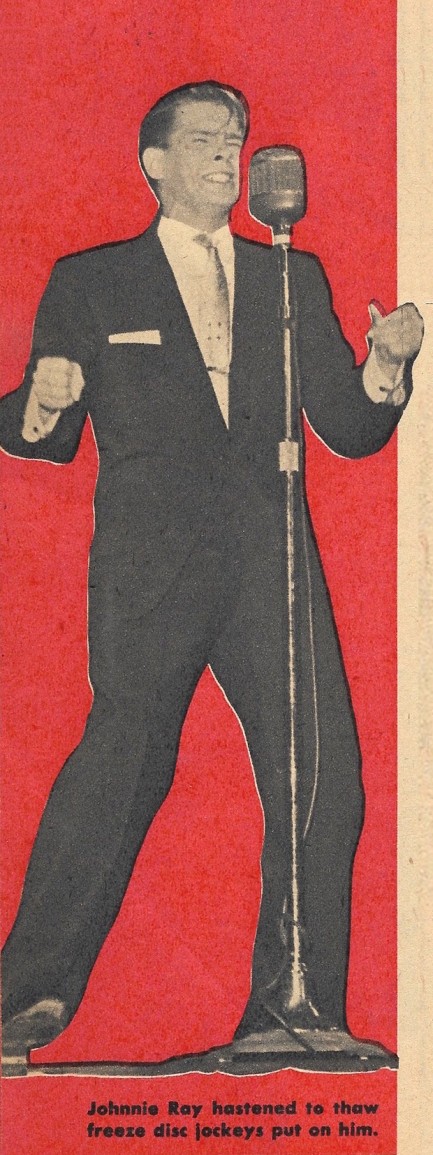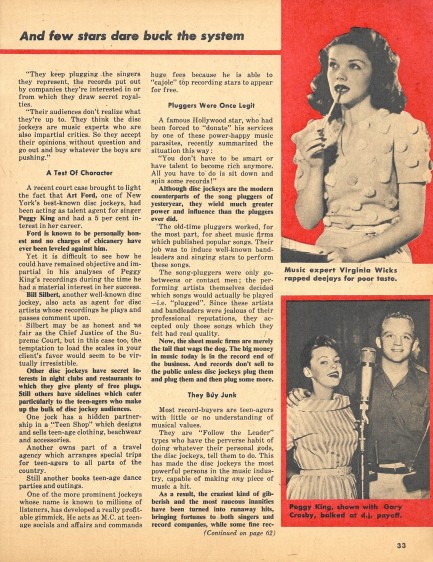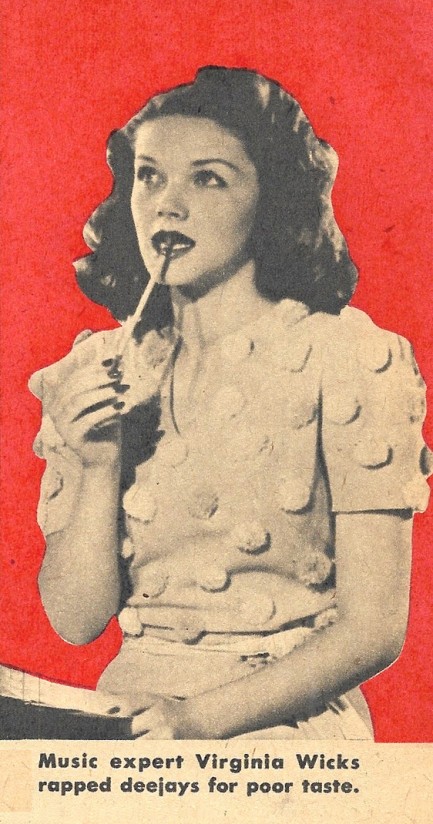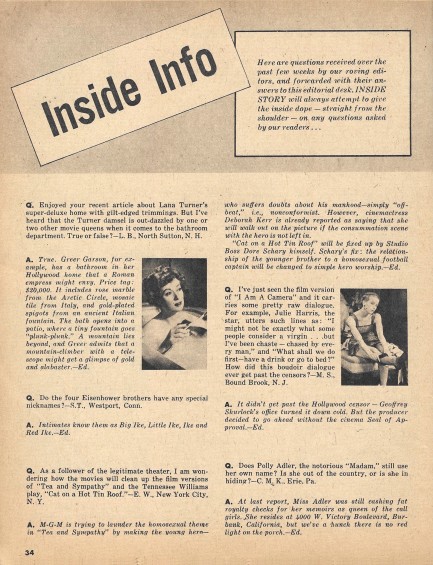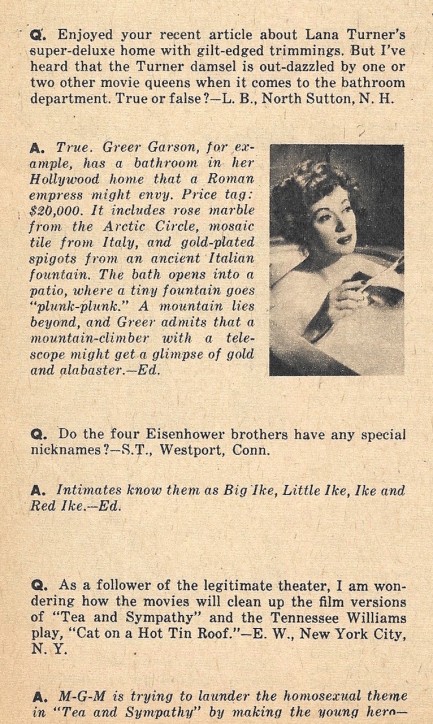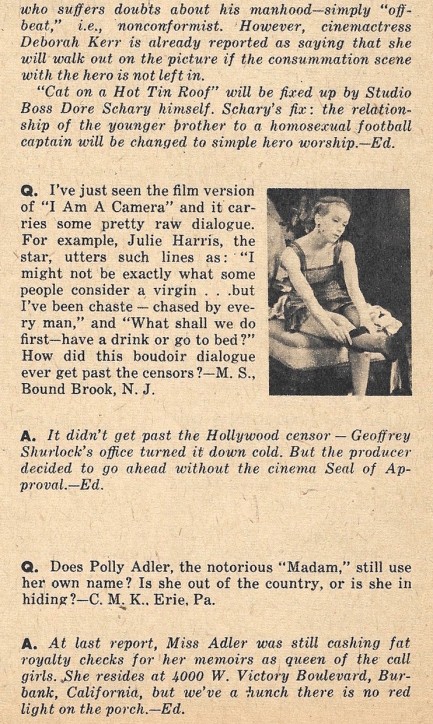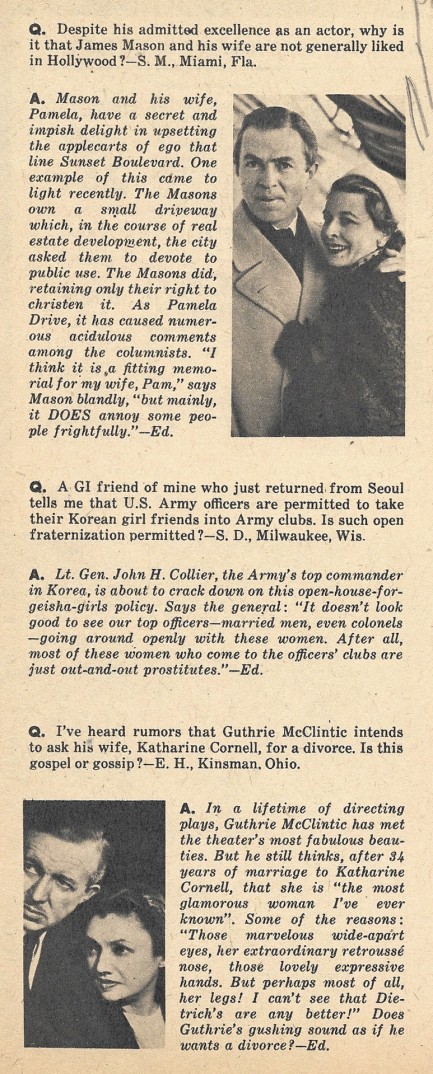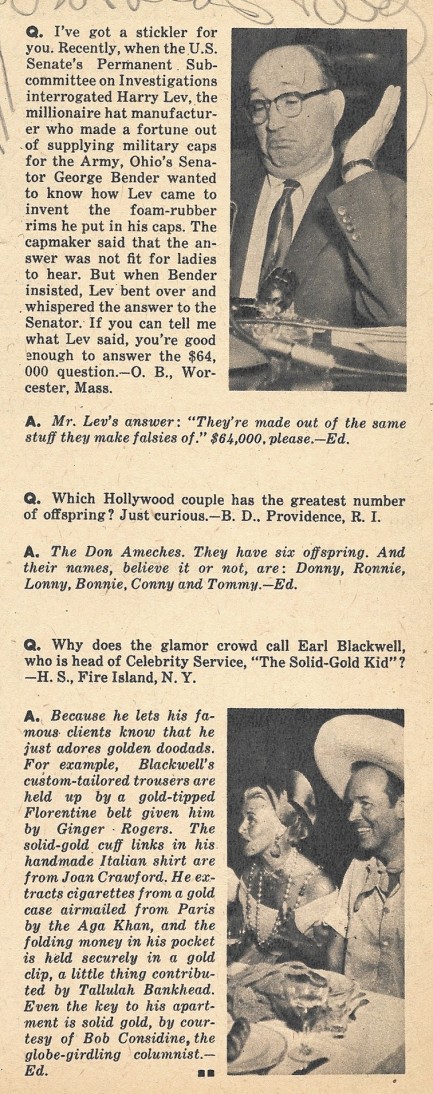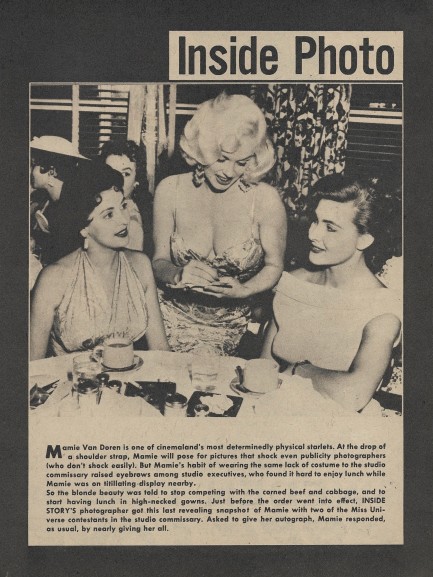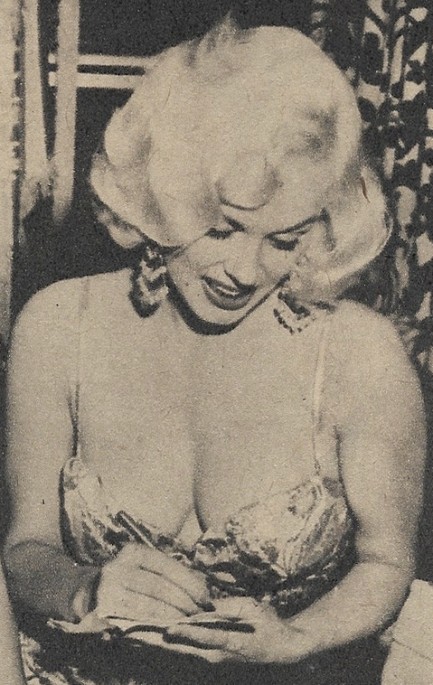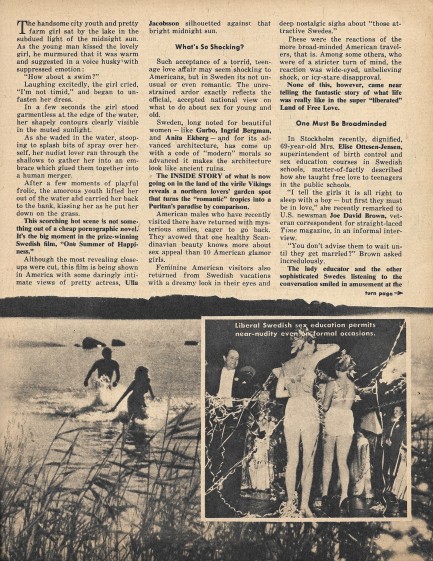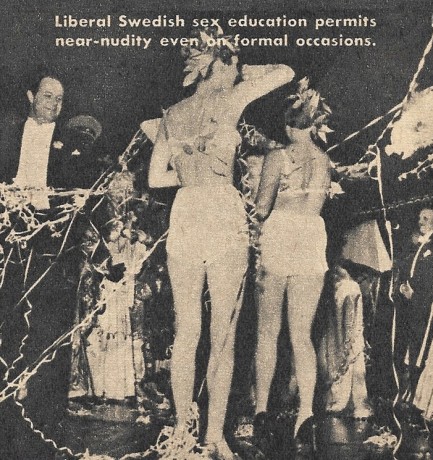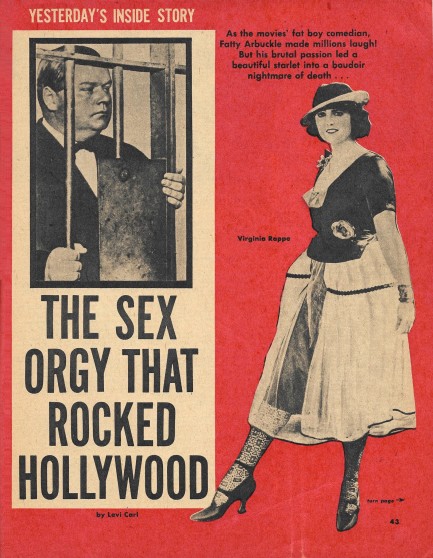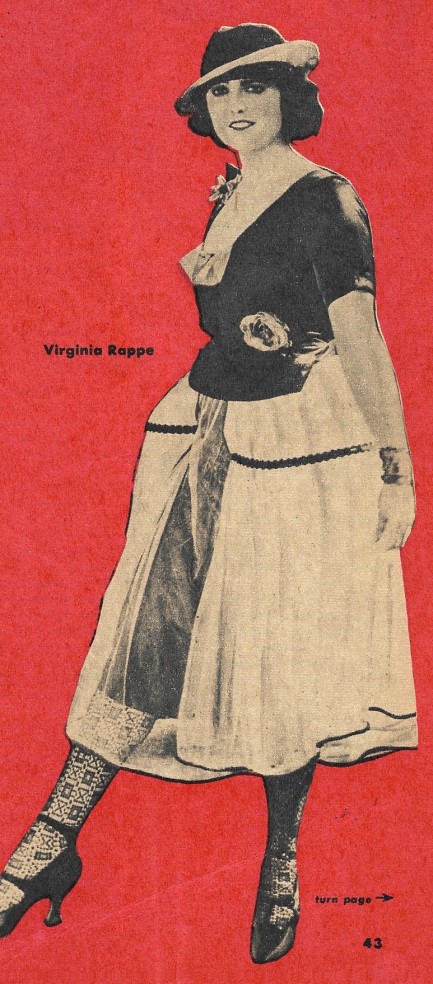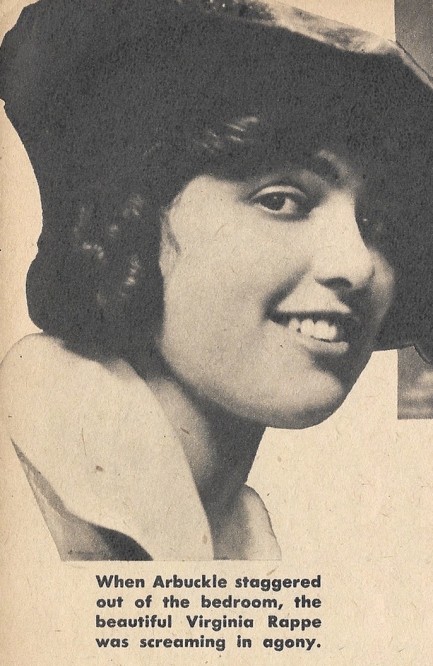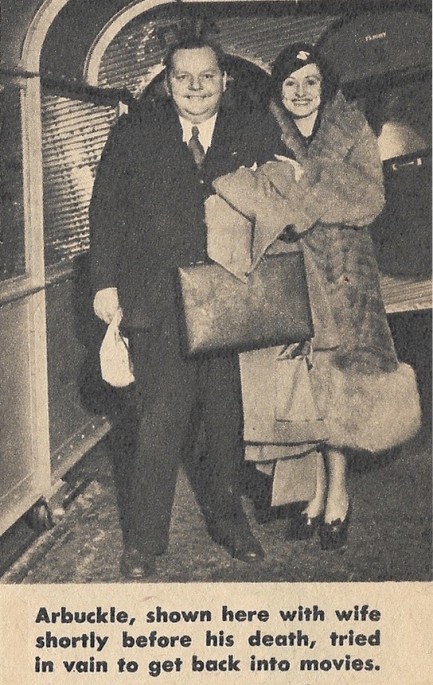| Vintage Pulp | Nov 4 2021 |

Small town jealousy leads to big time problems in Lupino noir classic.

Duh DUH duh duh DUH. He has a degree is philosophy...
Duh DUH duh duh DUH. He's broken over thirty bones...
Wait—wrong movie. That's the 1989 Road House, Patrick Swayze's unimprovable existential pugilistic epic. The movie we mean to discuss is the 1948 Road House, which premiered today and starred Ida Lupino, Cornel Wilde, Celeste Holm, and Richard Widmark. Nobody destroys an automobile showroom by driving a monster truck through it. Instead Ida Lupino drives her monster truck through a couple of male egos and teaches them lessons about a woman's right to choose her own life—and her own man. This gimmick-free proto-feminist drama is an excellent example from the film noir genre, and it's exhibit A why Lupino is a legend. She's mighty good in this. Mighty mighty good.
Duh DUH duh duh DUH. She has a degree from the school of hard knocks...
Duh DUH duh duh DUH. She's broken over thirty hearts...

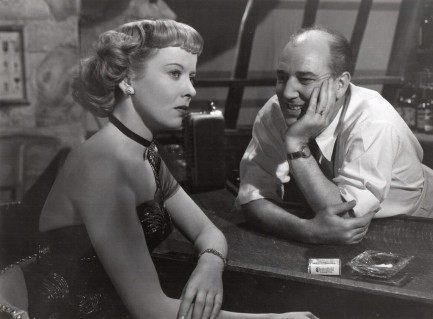

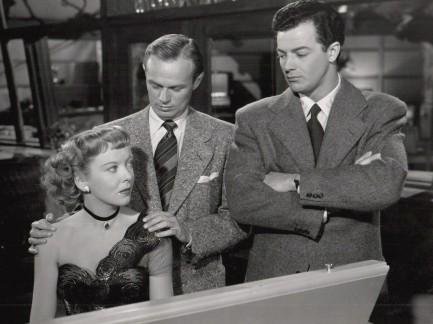
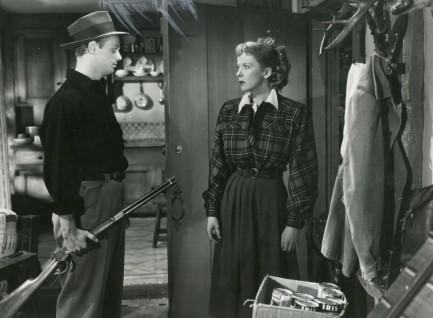
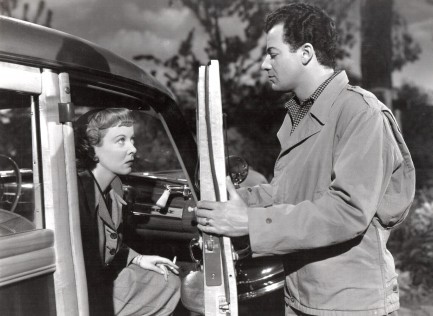
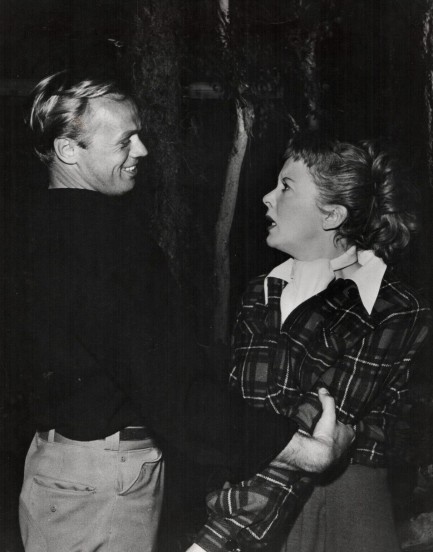
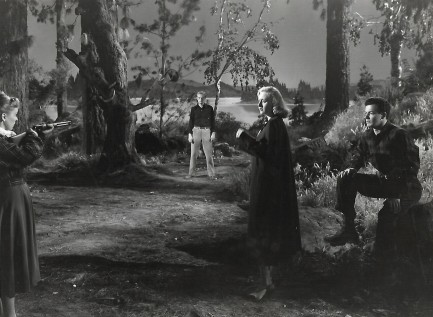

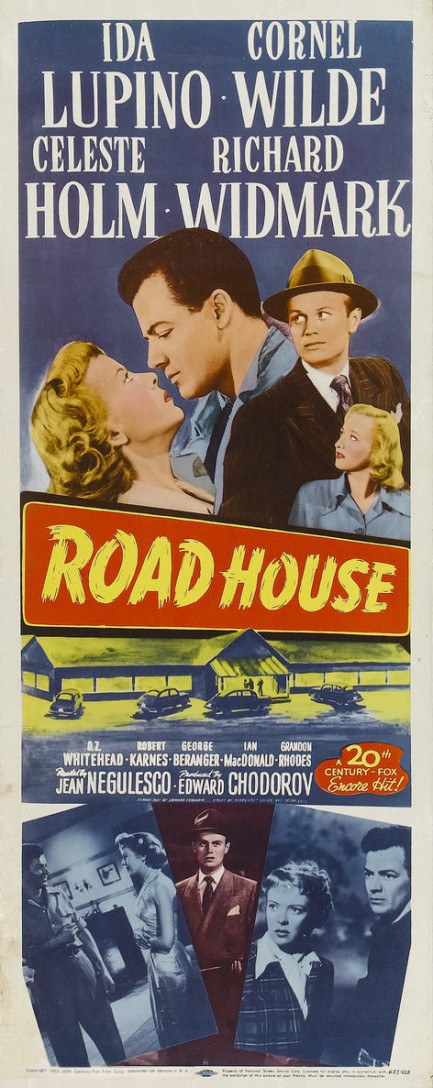
| Hollywoodland | Dec 28 2019 |

The more things change the more they stay the same.
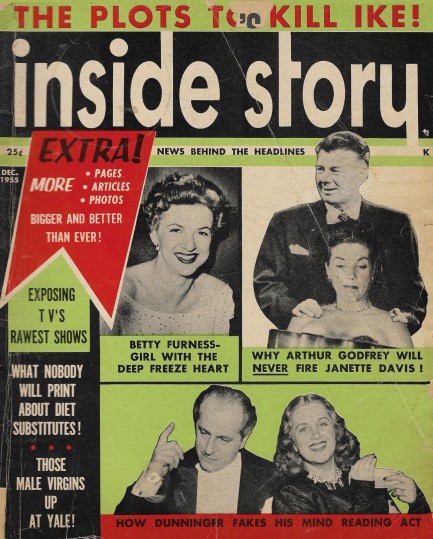
Above is a cover of the U.S. tabloid Inside Story published this month in 1955. There's a lot in this magazine, but since we keep our write-ups short we can't cover it all. One story of note concerns Betty Furness, an actress and pitchwoman whose squeaky clean image Inside Story claims is false. This is a typical angle by mid-century tabloids, the idea that a cinema or television sweetheart was really a hussy, lush, ballbreaker, or cold fish. Furness receives slander number four, with editors claiming she has “ice bound emotions,” “a cold, cold heart,” and is, “tough and tightfisted.” It's interesting that sixty years later resistance to a woman being anything other than a nurturer really hasn't diminished all that much, as many women with high public profiles would confirm.
Another story concerns the death of actress Virginia Rappe and the subsequent arrest of Fatty Arbuckle. In short, Rappe died after attending a party thrown by Arbuckle, with the cause of death attributed to either alcohol induced illness or rape and sodomy with a Coke bottle. Arbuckle went to trial three times before winning a final acquittal, though certain details of the death remained murky. The case was muddied by the influence of sensationalistic journalism, as publishing mogul William Randolph Hearst's nationwide chain of newspapers deemed sales more important than truth. The Coke bottle, for example, was entirely fabricated, but Hearst was unrepentant. He'd fit into the modern media landscape perfectly today, because for him money and influence justified everything.
And speaking of money, a final story that caught our eye was the exposé on the record business, namely the practice of buying spins on radio. The term for this—“payola”—was coined in 1916 but not widely known until the ’50s. Inside Story helps spread the terminology with a piece about pay-for-play on national radio stations. Like the previous two stories, this one feels familiar, particularly the idea that the best music rarely makes it onto the airwaves. Those who engaged in payola understood that people generally consumed whatever was put in front of them, therefore what was the point of worrying about quality or innovation? This remains a complaint about entertainment media today, but repetition still rules. To paraphrase the famed colloquialism: If you ain't going broke, don't fix it. We have thirty-plus scans below.
And speaking of money, a final story that caught our eye was the exposé on the record business, namely the practice of buying spins on radio. The term for this—“payola”—was coined in 1916 but not widely known until the ’50s. Inside Story helps spread the terminology with a piece about pay-for-play on national radio stations. Like the previous two stories, this one feels familiar, particularly the idea that the best music rarely makes it onto the airwaves. Those who engaged in payola understood that people generally consumed whatever was put in front of them, therefore what was the point of worrying about quality or innovation? This remains a complaint about entertainment media today, but repetition still rules. To paraphrase the famed colloquialism: If you ain't going broke, don't fix it. We have thirty-plus scans below.
